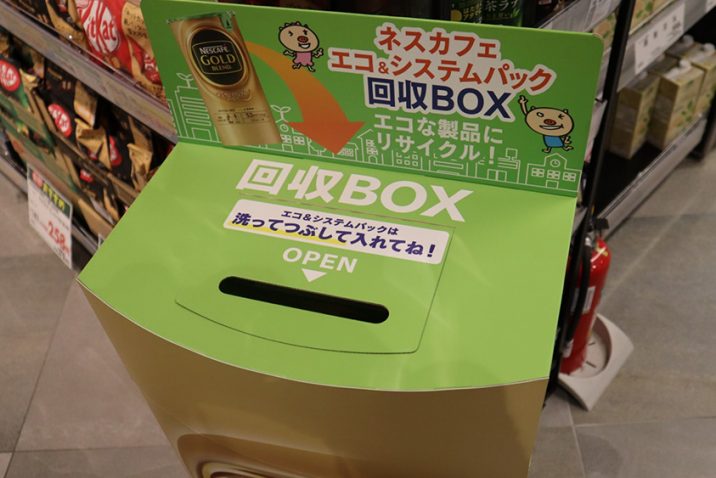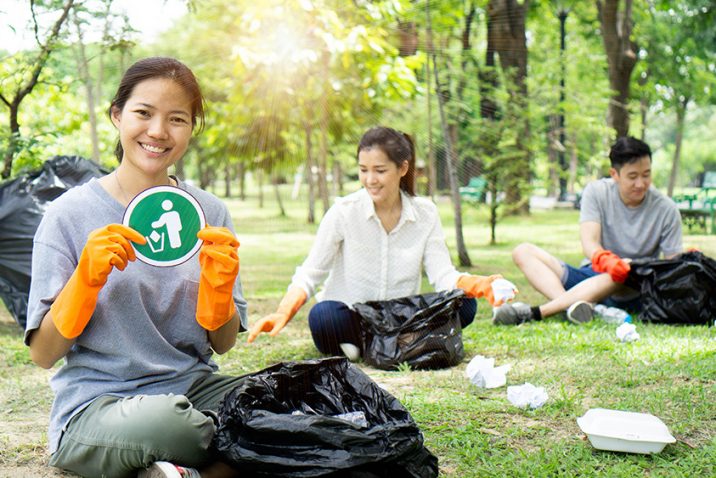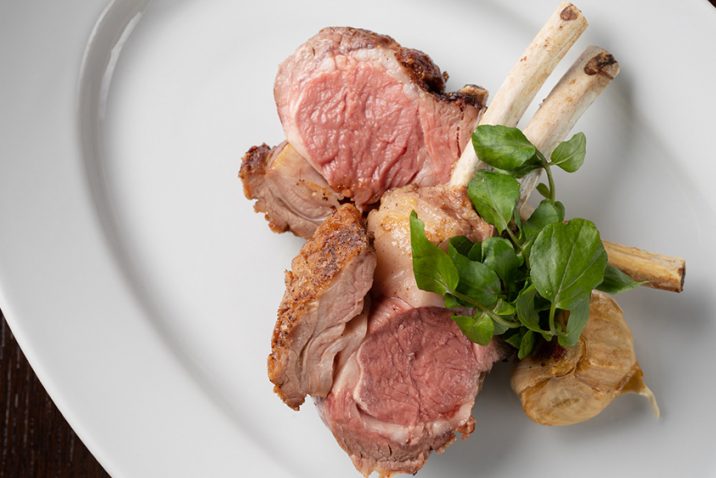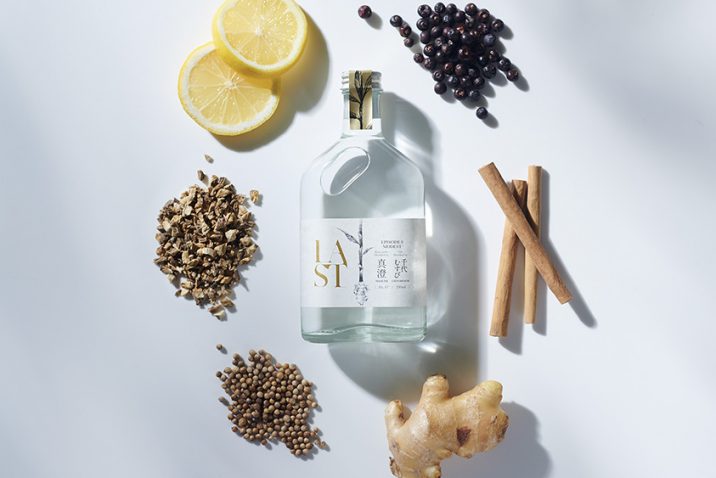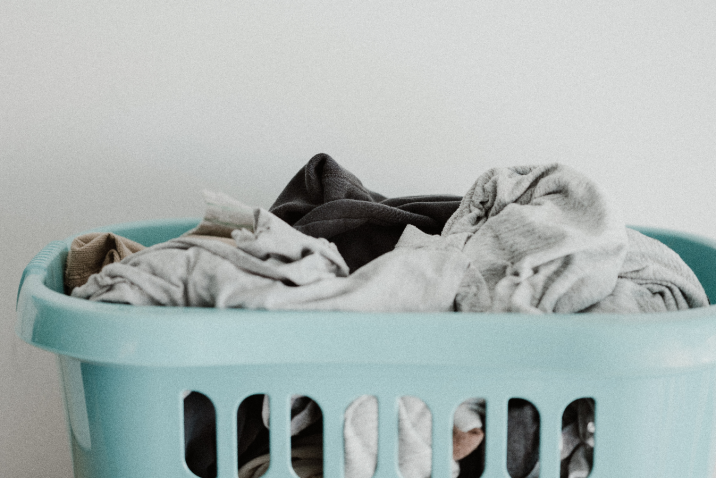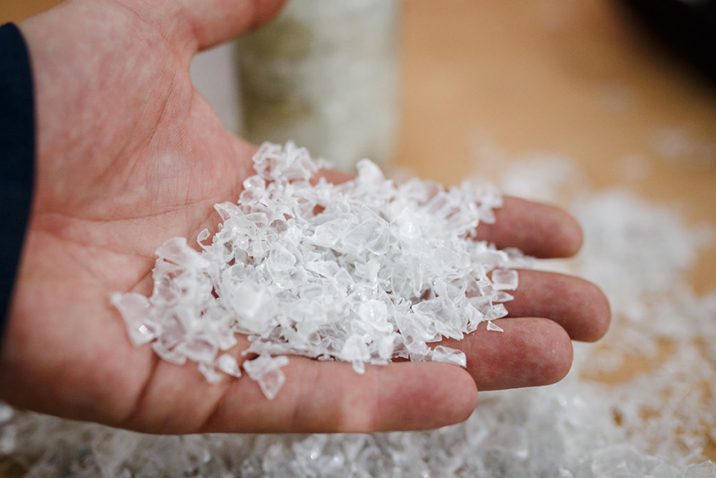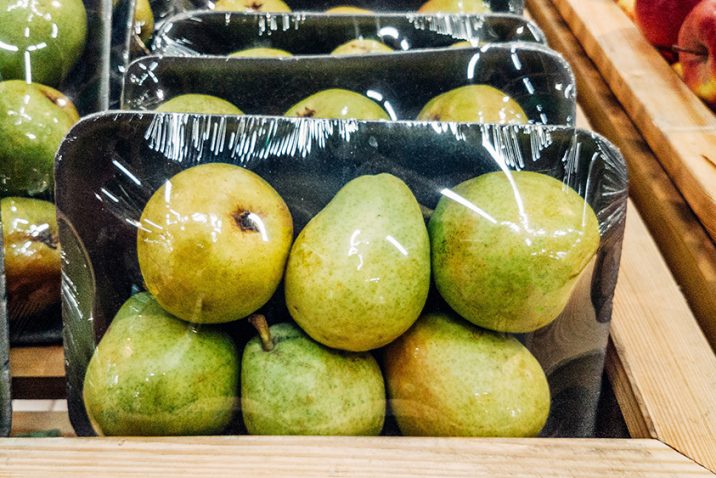Gender roles can be difficult for anyone to deal with. Japanese women are pressured to focus on marriage, raising children and housework before their own lives and careers. While this can limit their options and potential, the flip side is that...
The city of Kobe, capital of Hyogo prefecture, and Nestlé Japan Ltd. will start a new scheme to promote ethical consumption in Japan. Earlier this month, Kobe and Nestlé collected plastic packaging waste at stores within the city to accelerate...
The world has generated 2.01 billion metric tons of municipal solid waste in 2016, and this number is expected to grow as much as 3.4 billion metric tons by 2050. Japan generated 42.89 million tons of waste in fiscal 2019, meaning 938 grams of waste...
Aiming to reduce landfill by 20,000 tons this year and every year thereafter, an Australian company has changed the diet of its lambs to create a tender, marbled meat on par with wagyu beef. The name of the meat, and the company, is ‘Mottainai Lamb...
In February, Tokyo-based mobile application developer MTI Ltd. launched a new employee benefit program for women who hope to reduce menstrual pains and premenstrual syndrome (PMS) with oral contraceptives. Using the company’s health app for...
The Ethical Gin Project is an initiative by The Ethical Spirits & Co. The latter is a distillation venture company that specializes in the manufacturing of gin and whiskey made from sake lees. Their vision is to achieve a circular economy...
Japanese women spend seven times as much time doing housework than their male partners. According to a survey last year by Nippon.com, wives spend an average of four and a half hours doing housework during the week, while their husbands do less than...
Sekisui Chemical Co., Ltd. and Sumitomo Chemical Co., Ltd. have agreed in February to form a strategic alliance to cooperate in manufacturing polyolefin from combustible waste. Previously, Sekisui Chemical has worked with a U.S. corporation...
Japanese firm Unitika has developed a nylon film for food packaging that is mostly made from recycled plastic and maintains the high quality and printability of petroleum-based wrapping. Think about how many times a day you open plastic food...
Souvenirs, also known as ‘omiyage’, is an ingrained part of Japanese culture. Now, sustainable select shops selling perishable goods have become quite popular throughout Japan. Each year in cities such as Tokyo and Osaka, new shops are popping up...



